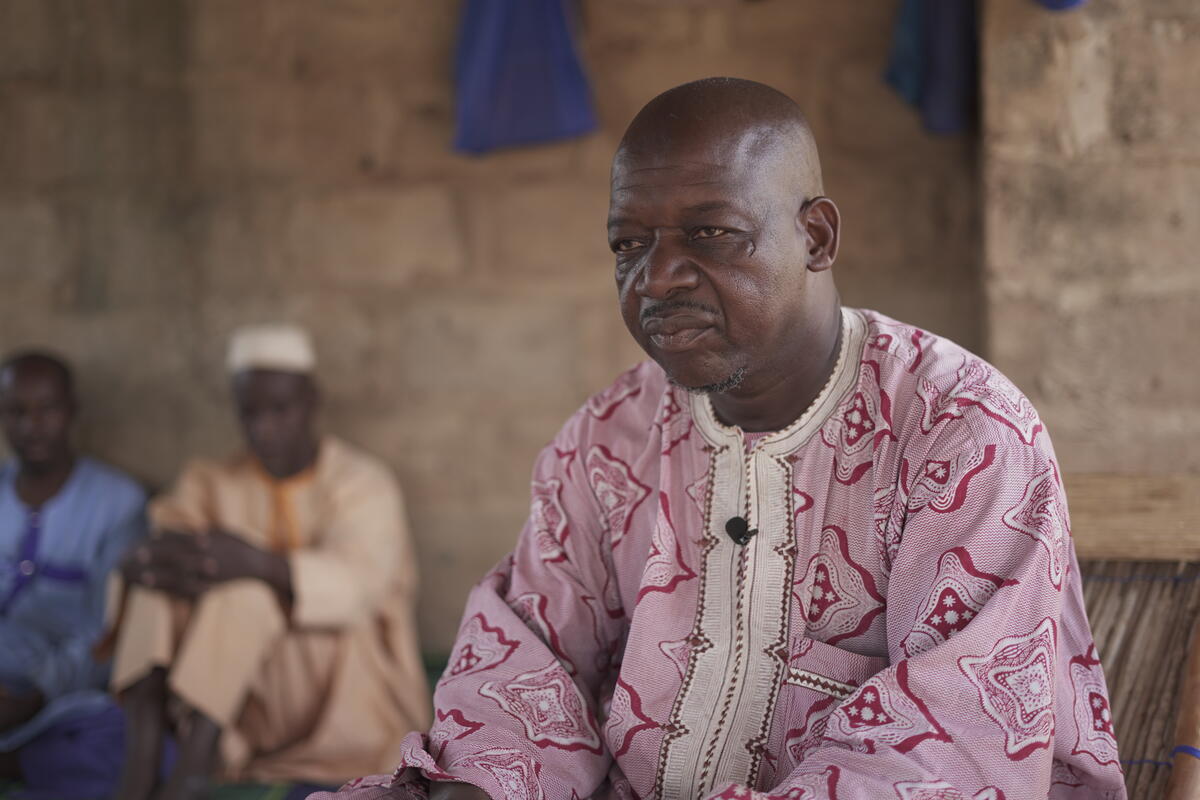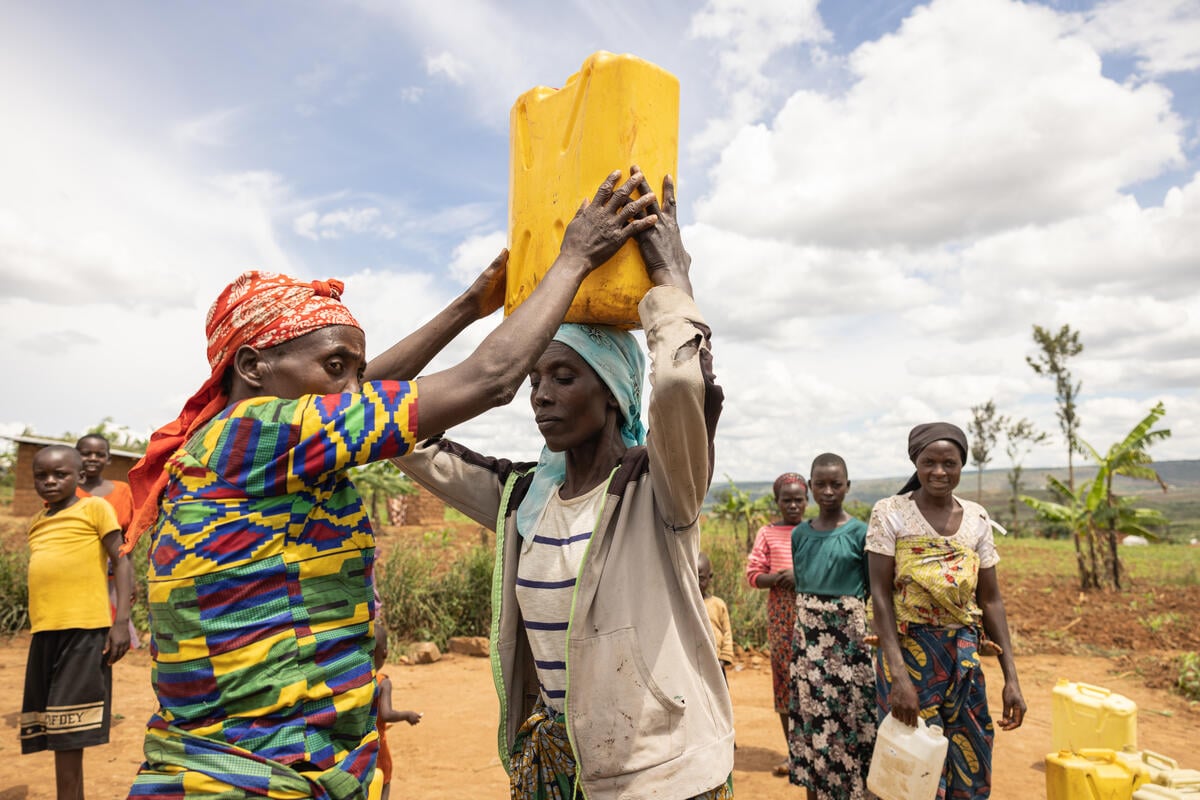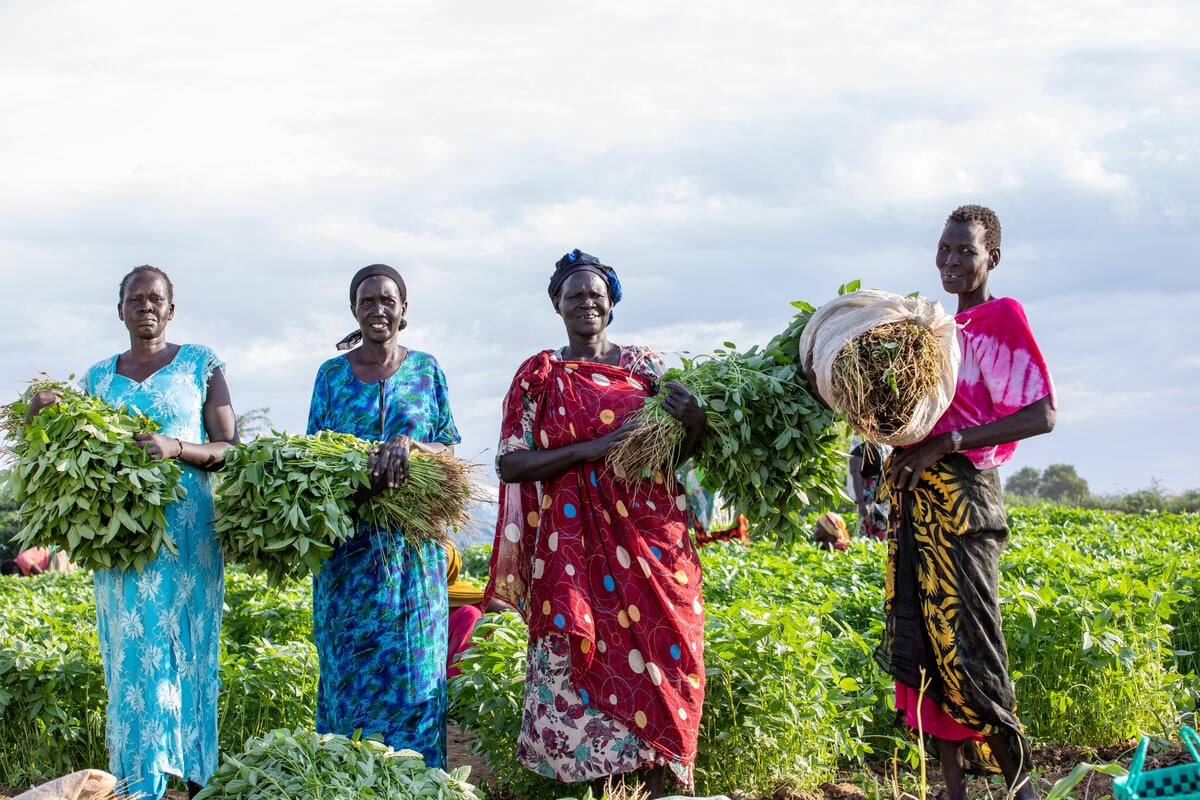Budding writer pens book detailing flight from DR Congo

Budding writer pens book detailing flight from DR Congo
Driven by an inherent need to help others and understand their problems, Ibrahim Kanoute always wanted to be a lawyer. His mother encouraged him to read and write a lot. Thus began an avid love for books and writing.
“Writing has always been a form of expression for me,” explains the twenty-year-old who has spent three quarters of his life as a refugee in Mali.
“Writing has always been a form of expression for me.”
At only three years old, he and his sisters fled with their mother to Mali, escaping the war in the Democratic Republic of the Congo. Years later, when he turned 18, his mother felt he was grown enough to tell him stories of their flight as well as those of other Congolese refugees.
“My mother told me these powerful stories so that I would know where we come from, that life can be tough and that we always need to be ready for hardships,” he explains.
Although his writing journey started with composing short poetry and prose on various social issues, Ibrahim would eventually shift his focus and begin documenting his mother’s stories. Buoyed by her detailed accounts and encouragement, he started working on a novel. Three years of painstaking work yielded “La Roue Tourne” (The Wheel Spins) – a book that narrates the family’s escape and struggles they encountered during flight, through fictive settings and characters.
“My mother told me these powerful stories so that I would know where we come from.”
Ibrahim recalls the earlier days when he started writing at an internet café after school hours.
“The owner of the café noticed my recurrent visits and offered to help me,” he explains adding that the owner reduced the time-based fees and introduce him to a Mr. Diallo who studied modern literature and ultimately became his mentor. Ibrahim would receive further guidance and orientation regarding the writing process from him.
“I struggled with high fares, juggling between collecting stories from my mom, writing at the café and learning writing techniques and editing,” adds Ibrahim.
The completion of the book is a big achievement for Ibrahim who hopes to highlight the importance of family links and survival and bring the plight of vulnerable people to a wide audience. He also hopes to sensitize refugees and local communities on peaceful coexistence and social cohesion.
La Roue Tourne is currently at a local publishing house for printing and release; a stage that the budding writer never imagined possible. He credits his mother for the completion of the book and for “guiding its creative process.”
“She is the ultimate storyteller. She is my hero,” he says.
Ibrahim’s mother is openly proud of her son’s achievement. A refugee activist and the vice president of the Congolese refugee community in Mali, she notes that the work that UNHCR and other aid agencies do helps refugees on the path towards resilience and self-sufficiency.
“I have spent my life fighting to protect my children, not realising that I was educating them to become resilient,” she says. “Ibrahim is so strong now and he must not give up.”
Ibrahim’s determination helped him finish secondary school and he graduated this year. As he prepares to enrol in the University of Arts and Humanities of Bamako to study philosophy, he hopes to spread the love of reading and writing among his peers.
“I hope that other refugees develop their confidence and self-esteem to come up with good initiatives.”
He recently co-founded a youth club with his friends to promote literature, arts and sciences in Bamako. Moreover, he hopes to have his own library in the future. Citing Plato as a key source of inspiration, he credits his philosophy with helping him overcome his shyness and be confident.
“I hope that other refugees develop their confidence and self-esteem to come up with good initiatives that can generate positive change,” he says.












